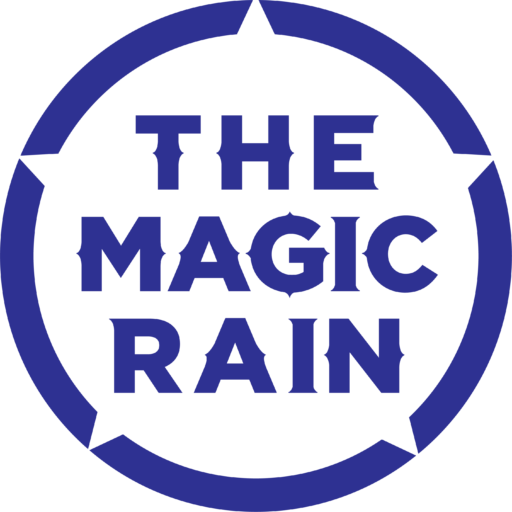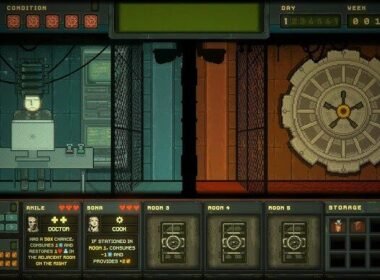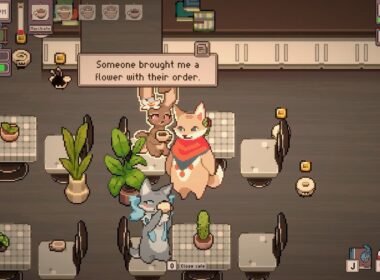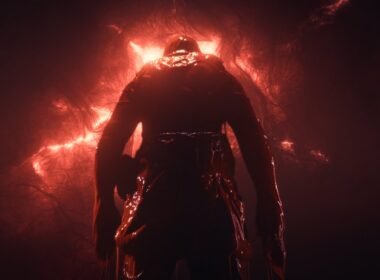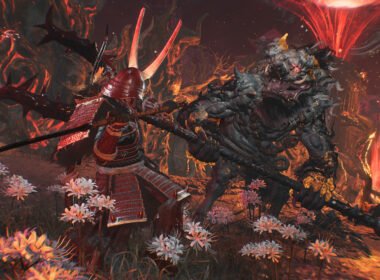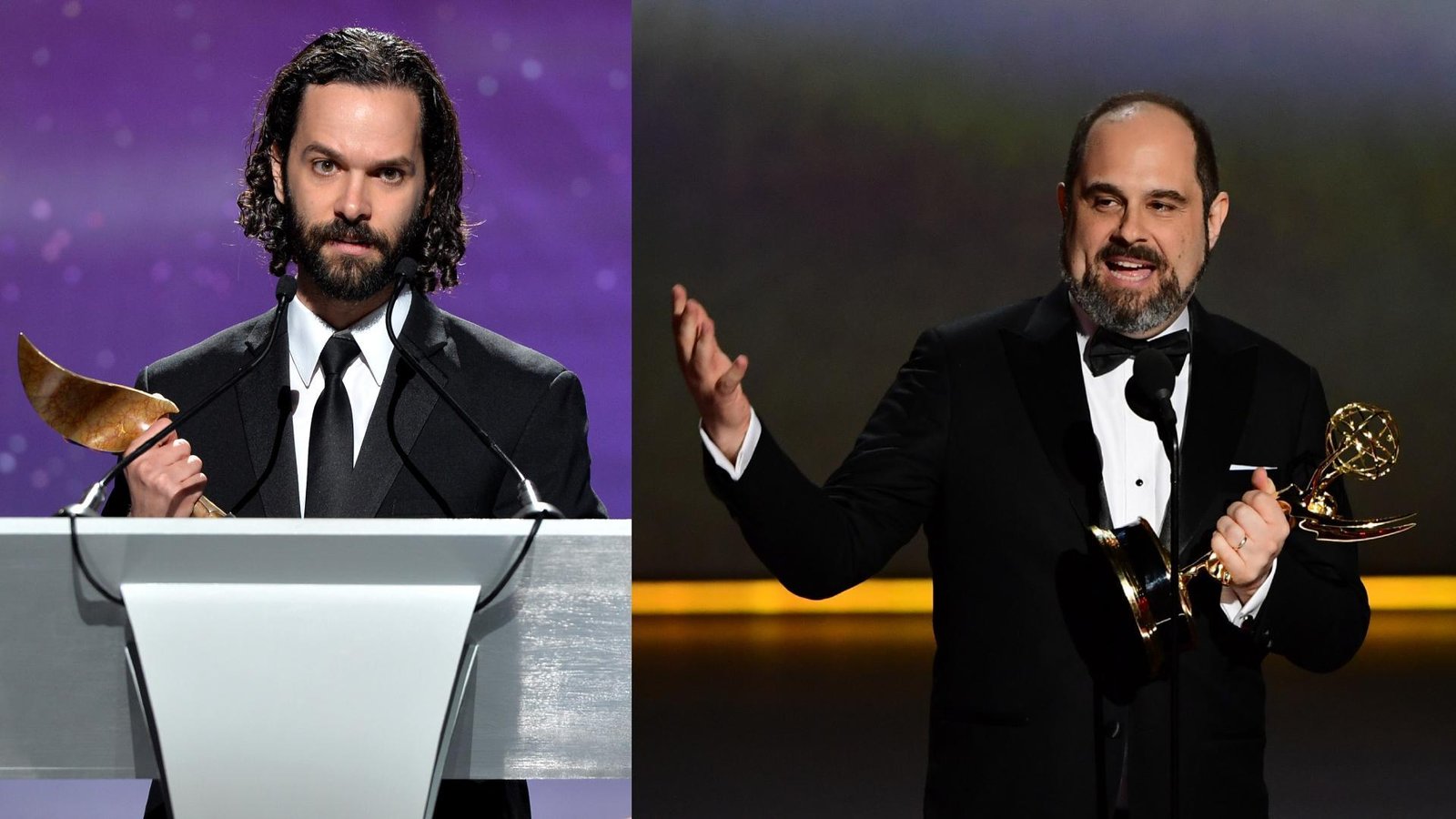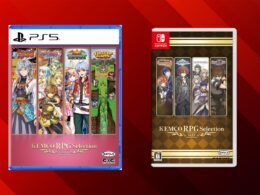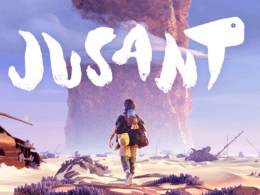This article was originally published on Kakuchopurei. Check out their exciting contents on their website.
The Last Of Us based on the critically acclaimed video game of the same name developed by Naughty Dog exclusively for the PlayStation platforms, is written and executive produced by Craig Mazin and Neil Druckmann. The series is a co-production with Sony Pictures Television and is executive produced by Carolyn Strauss, Evan Wells, Asad Qizilbash, Carter Swan, and Rose Lam. Production companies: PlayStation Productions, Word Games, The Mighty Mint, and Naughty Dog.
The Last Of Us takes place 20 years after modern civilization has been destroyed. Joel, a hardened survivor, is hired to smuggle Ellie, a 14-year-old girl, out of an oppressive quarantine zone. What starts as a small job soon becomes a brutal and heart-breaking journey as they both must traverse the U.S. and depend on each other for survival.
The cast includes Pedro Pascal as Joel, Bella Ramsey as Ellie, Gabriel Luna as Tommy, Anna Torv as Tess, Nico Parker as Sarah, Murray Bartlett as Frank, Nick Offerman as Bill, Melanie Lynskey as Kathleen, Storm Reid as Riley, Merle Dandridge as Marlene, Jeffrey Pierce as Perry, Lamar Johnson as Henry, Keivonn Woodard as Sam, Graham Greene as Marlon, and Elaine Miles as Florence. Ashley Johnson and Troy Baker also star.
Courtesy of HBO Asia, we were lucky enough to be the only Malaysian media to participate in an interview with Pedro Pascal and Bella Ramsey, who plays the role of Joel and Ellie respectively in The Last Of Us. This article has been edited for clarity.

You both worked on Game of Thrones. Did you actually work together back then, and how did that affect your working relationship while on The Last of Us? Did it make things easier?
Bella Ramsey: We didn’t; Pedro was long gone before I came along on Game Of Thrones. So, we didn’t get the chance to work together or even meet or even talk about it before we got on set. But it was this cool thing; we were both aware that we were in the same show and that we came from the same beast.
It was this cool little unspoken thing that we had. We did then articulate about it and talked about it and yeah, it was a nice little thing that immediately connected us.
Pedro Pascal: Yeah, it was a common bond from the beginning and I think that really, neither one of us would be in The Last Of Us if we hadn’t been in Game Of Thrones.
Meaning, that was what really took things off for me and it was Bella’s first job, yeah.
An apocalyptic vision is appealing to minorities because it represents a very harsh situation but at the same time, it’s an opportunity for them to start over in a shift of privilege. What’s your take on that in relation to the show?
Pedro Pascal: That’s a really interesting way of looking at it; sort of like the conditions of society are eliminated and therefore, terms are different and previous terms, good and bad, are insisted upon because ultimately, what humanity does is rise very fascistic forms of society and control, which is really kind of the scary thing. I wouldn’t necessarily, I think that’s kind of the great horrific part of the storytelling in The Last Of Us.
In a more intimate way, as far as perspective is concerned, starting with Neil Druckmann, and that being expanded upon in the adaptation with Craig Mazin, they lean into the perspective of voices that are often not given the space to be heard.
Did you feel any pressure from fan expectations coming into The Last of Us? How did you manage them?
Bella Ramsey: I think, to speak for both of us, we did feel the pressure, one hundred percent, when we first got the job, when we first started researching. Throughout the whole process, there was this pressure, filming the iconic scenes from the game that’s been translated into the show, there was this constant reminder that we were doing something that was already this pre-loved huge success.
I think that in terms of how it translated into the adaptation, I think it really just epitomizes what an adaptation is. It should be an expansion of the fantastic material that was already there in the game and it just expands on the success of the video game and takes all the excellence from it.
Craig Mazin and Neil Druckmann, Craig being a huge fan of the show, has put all of the stuff that makes the show so special, the games so special and translated it perfectly into a nine-episode television show. Without having to add gameplay and stuff, it allowed the room for emotional beats and the relationships to be expanded, for us to get the chance to spend time with other characters, not just Ellie and Joel. I think it turned out great and I’m really excited for people to see it and experience it and come on a journey with us.
Pedro Pascal: Everything she said, and I think we both knew that there were so many fans of something that was already there and established in a very, very specific way and the opportunity to honour that and expand on it is a big challenge and we want people to be happy. But more than anything, we wanted the story to be told to its best ability and that’s the scary and exciting thing. But ultimately in the hands of people that love the source material very, very deeply. Disturbingly.
What makes the Infected in The Last of Us different from other movies/TV shows and how did this affect your performance?
Pedro Pascal: Yeah, they scared the shit out of me.
Bella Ramsey: And me. The fact that it’s based on science is what’s scariest about it. It’s not some supernatural person raising from the dead and becoming a man-eating monster. It’s like, this comes from something in the world; fungus, fungi. The idea that this is all theoretically possible and I like the fact that the show sort of explains that in the beginning, the science of it. It gives it a more real element, I think, that makes it far more terrifying.
Pedro Pascal: Yeah, it’s really different in regards to there being something in nature that creates a specific kind of monster and the design of these creatures. The different stages that they exist, and all of their physical and visual form that we were able to have direct contact with and shoot with and run from and fight off was definitely little left to the imagination.

How similar was working on Joel in The Last of Us and Din Djarin in The Mandalorian, since they’re both pretty similar?
Pedro Pascal: Yeah, it’s fascinating, because they couldn’t be more similar and they couldn’t be more different. I think, primarily, the thing for me was just that I felt so lucky to be under the guide of showrunners that love the project as much as Jon Favreau and Craig Mazin do. Jon Favreau being for The Mandalorian and I think that the stories inspire one another and they inspire me.
Their form and their execution is so different and I guess, I’ve said this before. For me, it’s like, I couldn’t think of a better way to double dip. I’m very lucky, I’ll probably never get the chance again.
What do you think of how much power the fandom has these days?
Bella Ramsey: I mean, ultimately, the fans are why these shows keep being made and how we keep afloat is by incredible fans who support and watch and care about the stuff that is created and so, we were aware, I was aware, of the initial reaction. I was aware even before it was released. You can’t make everybody happy. There would be a lot of people who weren’t happy because of how protective and invested people are in the video game Joel and Ellie and the story.
I mean, that totally made sense to me, we both felt that responsibility.
Pedro Pascal: I just felt really sad I couldn’t grow a full beard. It’s so patchy but that’s just genes.
Bella Ramsey: Yeah, for you. I quite like your beard, you know.
Pedro Pascal: Thank you!
Bella Ramsey: You’re welcome. But yeah, there was always going to be negative reactions and I think, the idea that our faces don’t look like Joel and Ellie in the games’ faces, but I think what people get to experience is that it’s not so much that our faces don’t look right or look the same as digitalized faces. It’s like it’s the soul and the spirit of the characters that we’re interested and we project it as much as we possibly could with the incredible guidance of the showrunners, Neil and Craig.
Pedro Pascal: Yeah, I would say that because you mentioned events like Comic-Con where we get the opportunity to go and experience the very direct relationship that a project can have with its fans, which is just a visceral and amazing opportunity to connect with the people that all of it is made for. It never really made sense to me to identify the negatives because it’s all being made because the fans exist and it’s being made for the fans. I think generally that’s a really positive thing and amazing for us to get to an event like that and feel it. Because we’re making it for them.
In previous interviews, you’ve previously said before about how you were actually encouraged not to play the games before filming. But after filming wrapped, did you play the game, and if you did, what did you think of it? How much of a gamer are you in real life?
Pedro Pascal: Massive gamers (jokingly, in a sarcastic tone).
Bella Ramsey: You can barely drag us away.
Pedro Pascal: (laughs)
Bella Ramsey: I would love to be able to play games but…
Pedro Pascal: I’m grateful that I’m bad at it because I would never leave the house. I wouldn’t be on this Zoom.
Bella Ramsey: Yeah, fair, it’s true, it’s true. But I looked at some of the gameplay and you tried to play the games before.
Pedro Pascal: Yeah, I did try. My nephews didn’t have the patience for my skills. They took the console away from me and played for me.
Bella Ramsey: Would you try to play it now?
Pedro Pascal: Yeah, I would, again. I could get easily addicted to something like that. I love stories and different ways of telling them and so to kind of play something, and the further you go, the more the story unfolds is such a brilliant way of experiencing something.
And I know that Craig Mazin and Neil Druckmann were sort of protective of us at the start and didn’t want us to feel like we needed to emulate what was already there but we were just too curious and gratefully, it sort of turned into an essential influence in terms of putting all of the pieces together.
Bella Ramsey: Maybe we should try to play it together.
Pedro Pascal: Yeah, that’d be great. But you play Joel, I’ll play Ellie.
Bella Ramsey: That sounds good.
How does The Last of Us distinguish itself from other zombie shows like The Walking Dead?
Pedro Pascal: One of the things that we talked about is that the scientific aspect of this apocalypse is one that can feel very close because the fungi is something that, the dominant element of nature that is part of our world. So it just seems that it’s a very close threshold to cross for this kind of thing to happen.
But more than anything, I just think that there are very, very, very original ideas around a very classic idea of the apocalypse, a zombie apocalypse if you will. And in this, to use a very beloved kind of genre, to tell very, very human stories is what sets this apart and is why people reacted the way that they did and the reason behind it needing to expand itself to this kind of an adaptation. Because it’s just too good.
Bella Ramsey: Yeah, and the idea that this infected world is the backdrop to the real story, which is about two humans forming this unlikely relationship. Neither knew it was what they really needed. That’s what’s cool about The Last Of Us, is that like Pedro said, the apocalypse is going on, but it really focuses on the relationships and the scary nature of relationships is at times much scarier than the virus that infiltrated the world. Like, for Joel, it’s the fear of loving again, and for Ellie, it’s the fear of ending up alone and losing Joel. I feel like that’s really interesting.
